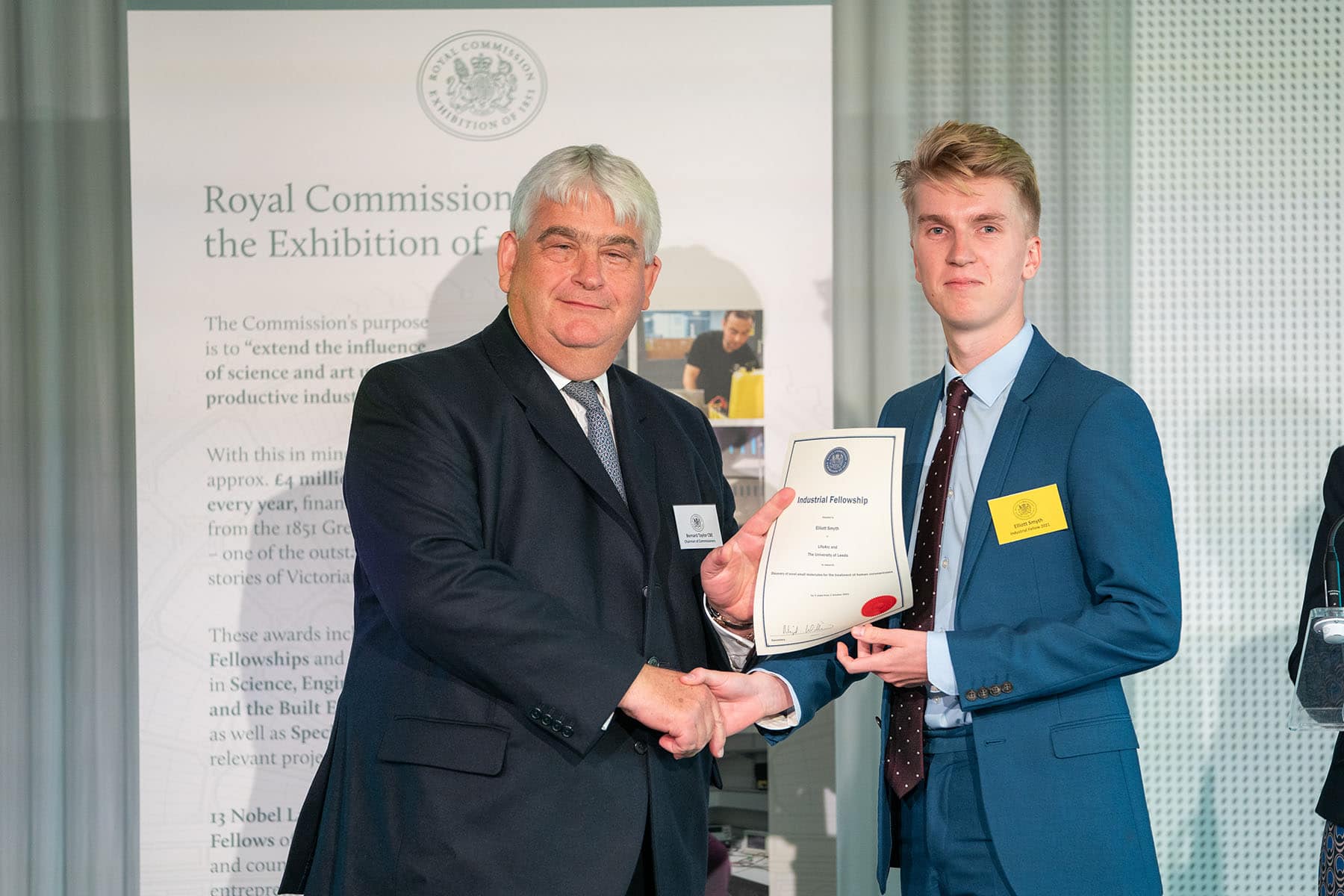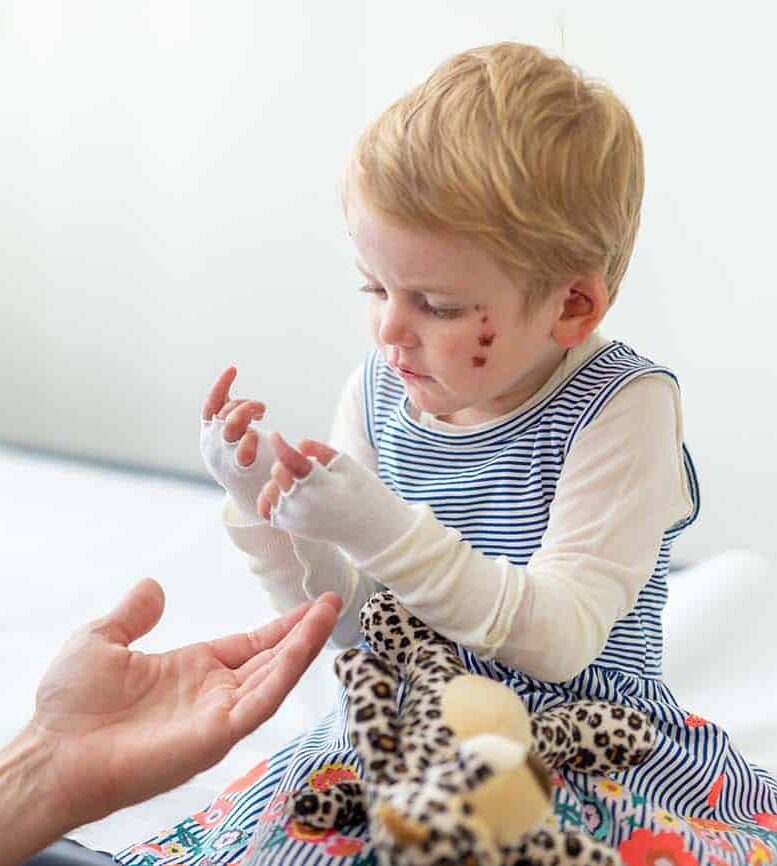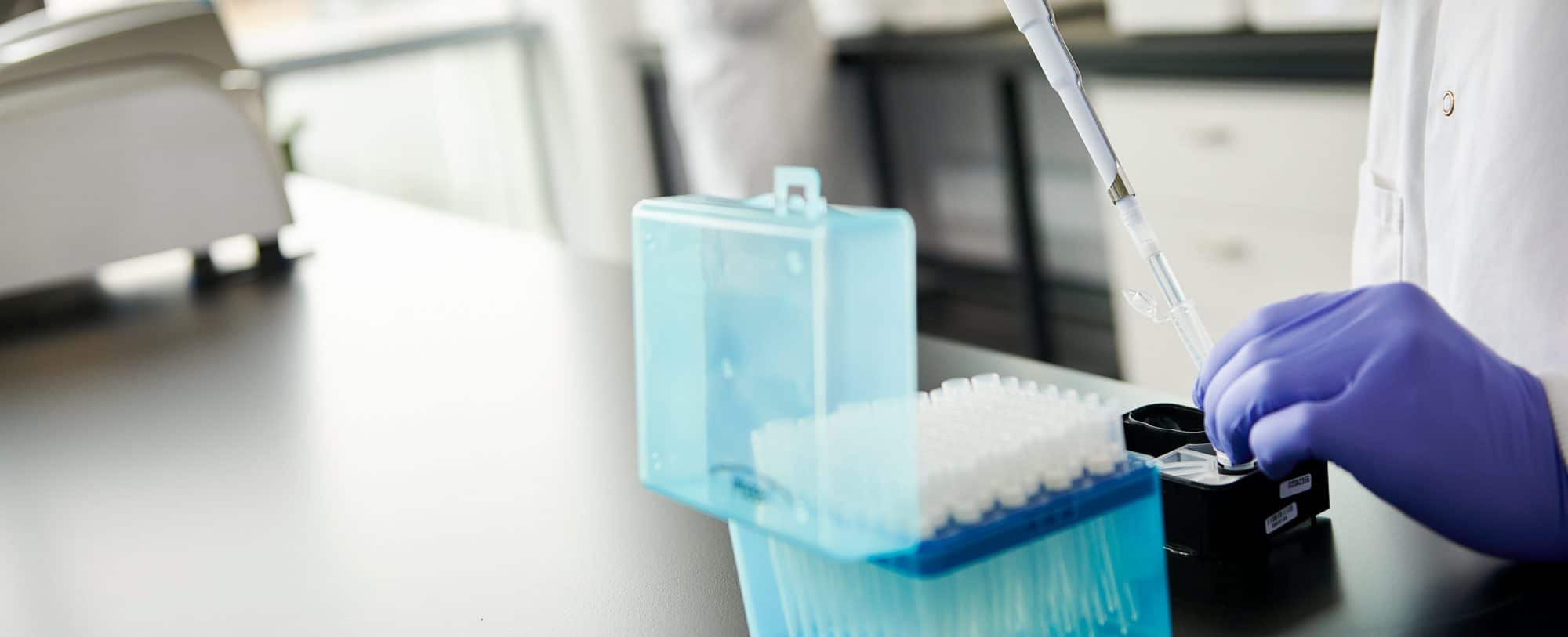£10m in grants mean patient enrolment can begin immediately
Medical research charity LifeArc is providing £10m for clinical trials to find effective therapies for COVID-19. All 15 projects – involving nearly 30 different organisations – were selected for their ability to rapidly start trials in patients and the likelihood of success.
The trials involve medicines that are approved for use in other indications or those in late-stage development with known mechanism of action. This re-purposing approach, where the drug is known to have a target that could be relevant to COVID-19 patients, has a high chance of identifying a treatment in a shorter time than it would take to develop either vaccines or new medicines.
Dr Catriona Crombie, Associate Director Technology Transfer, LifeArc, said: “The quality and quantity of submissions in such a short time frame demonstrated the need for the rapid availability of funding.
“We are delighted that as an independently funded charity, LifeArc could respond rapidly and use our resources to identify and support those research projects that had the highest potential to be made available to patients as soon as possible.”
In response to our call to scientists and researchers to submit promising approaches to re-purpose medicines to address COVID-19, LifeArc received more than 130 submissions from organisations across the globe. The charity drew up a short-list of applications using criteria that included the scientific rationale of the approach and ability to start trials within 6-12 months.
An independent, expert Scientific Review Panel assessed the shortlisted applicants and those with the highest chance of delivering an improvement to COVID-19 patients were selected for funding.
Organisations involved in the studies come from around the globe, including the UK, China, North America and Japan. The principal investigators are primarily universities, research centres or hospitals.
Stephen Holgate, Chair of the Scientific Review Panel and Professor of Immunopharmacology, University of Southampton, said: “Finding new treatments for COVID-19 is a hugely important task and this is an important initiative to happen at this crucial time.
“Responses to this call included so many imaginative and exciting proposals. The panel members did a wonderful job evaluating the applications and I am most grateful to them for the time and effort each of them put into the assessments.”
The submissions covered a range of approaches from new antivirals, immune modulators and anti-thrombotics to treat patients at different stages of infection including prophylaxis, right through to those requiring ventilation.
A number of academic and medical researchers will be collaborating with biotechnology and pharmaceutical companies on the trials. Additional charity and state funders are also providing support.
The LifeArc funding contributes to the national and international response from across the life sciences sector.
Of the 15 proposals selected by the panel, seven have contracts finalised and the details are provided below. The remaining eight will be subject to a further announcement.
Please go to www.lifearc.org/covid to find out more about the funded projects.
-ENDS-
Study name |
Principal investigating facility |
Project title |
|
University of Oxford |
To determine whether administration of almitrine bismesylate can ameliorate hypoxaemia in COVID-19 and augment effectiveness of supplementary oxygen therapy and respiratory support |
|
|
University of Toronto, |
Large scale randomised controlled trial to determine if daily treatment of anticoagulant heparin can improve the outcome of hospitalised COVID-19 patients |
|
|
University College London |
A randomized phase 2 placebo-controlled clinical study named ATTRACT (Angiotensin II Type Two Receptor Agonist COVID-19 Trial) to test the impact of an AT2R agonist (VP01) on progression of COVID-19 disease |
|
|
Ashford and St Peters Hospital NHS Trust, |
Targeting de novo Pyrimidine Biosynthesis by leflunomide as a Novel Concept for the Treatment of Corona Virus Disease 2019 (COVID-19) |
|
|
University Health Network, Ontario |
Furosemide as Supportive Therapy for COVID‐19 (FaST for COVID) |
|
|
University College London |
Favipiravir, lopinavir/ritonavir or combination therapy: a randomised, double blind, 2×2 factorial placebo-controlled trial of early antiviral therapy in COVID-19 (the FLARE trial) |
|
|
University Hospitals Coventry & Warwickshire NHS Trust |
Prospective, randomized, parallel-group, open-label study to evaluate the efficacy and safety of IMU-838, in combination with oseltamivir, in adults with coronavirus – The IONIC Trial |
|
|
Chelsea and Westminster Hospital NHS Foundation Trust, |
A randomised controlled trial investigating antiviral drug favipiravir as interventional treatment for COVID-19 patients with mild to moderate disease |
|
|
King’s College London |
Ruxolitinib therapy to Avoid Ventilation and improve outcome for deteriorating COVID-19 patiENts |
|
|
University of Toronto, University Health Network |
RUX-COVID: A single arm open-label clinical study to investigate the efficacy and safety of Ruxolitinib for the treatment of COVID-19 pneumonia |
|
|
University of Dundee |
A randomised, double-blind, placebo-controlled trial of SFX-01 or placebo on a backbone of best standard care, to improve outcomes in COVID-19 progression |
|
|
The University of Edinburgh |
A randomised Phase II/III trial in a community setting, assessing use of camostat in reducing the clinical progression of COVID-19 by blocking SARS-CoV-2 Spike protein-initiated membrane fusion |
|
|
University College London |
Investigation of an approved nebulised human Dornase enzyme (Pulmozyme) to reduce hyperinflammation in hospitalised people with COVID-19 (The COVASE study) |
Media contacts
Becky Wright, Four Health
becky.wright@four.health
+44 (0)20 3761 4495




